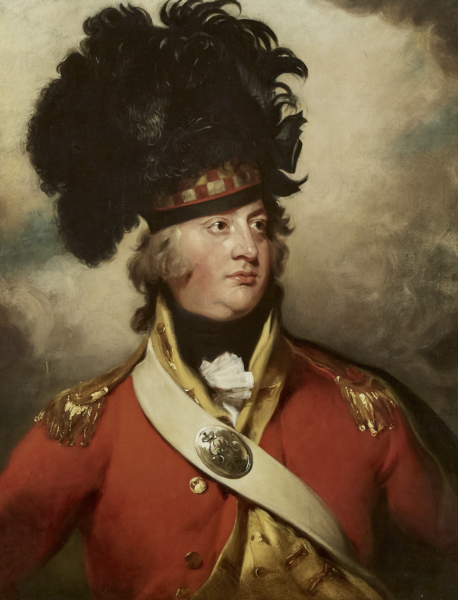Thomas Lawrence was born in Bristol on April 13, 1769, as the youngest of sixteen children to Thomas Lawrence Sr. and Lucy Reade. A self-taught child prodigy, he gained early fame at the age of ten for his pencil-drawn profiles of visitors at his father’s coaching inn, located along the busy London-to-Bath route. After the family relocated to Bath in 1780, he received guidance from artist William Hoare and began working in pastels.
In 1787, Lawrence moved to London, renting lodgings near Sir Joshua Reynolds, who welcomed him into his studio to study and copy works. He briefly attended the Royal Academy schools, focusing on drawing classical sculptures, but soon transitioned from pastels to oil painting.
Lawrence exhibited his first full-length portrait at the Royal Academy in 1789, earning acclaim. By 1791, he was elected an Associate of the Royal Academy, and the following year, he succeeded Reynolds as Painter-in-Ordinary to King George III. In 1794, he became a full Academician. From 1793 onward, he trained pupils and employed studio assistants to manage his growing workload.
Despite his professional success, Lawrence frequently struggled with debt due to poor financial management and a lavish lifestyle. He moved within both artistic and theatrical circles and developed close relationships with two sisters, though he never married.
In 1814, the Prince Regent commissioned Lawrence to paint portraits of allied leaders and generals for the Waterloo Chamber at Windsor Castle. Knighted in 1815, he traveled to Aix-la-Chapelle, Vienna, and Rome between 1818 and 1819 to work on this prestigious project, including a portrait of the Pope. After spending nearly three months in Florence, he returned to England in 1820 to assume the presidency of the Royal Academy, succeeding Benjamin West.
Lawrence remained in high demand for his portraits, which captured many of the most prominent figures of his time. An avid collector, he amassed an extraordinary collection of Old Master drawings, though this habit exacerbated his financial difficulties. He passed on January 20, 1830.

